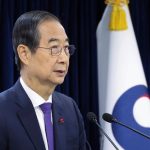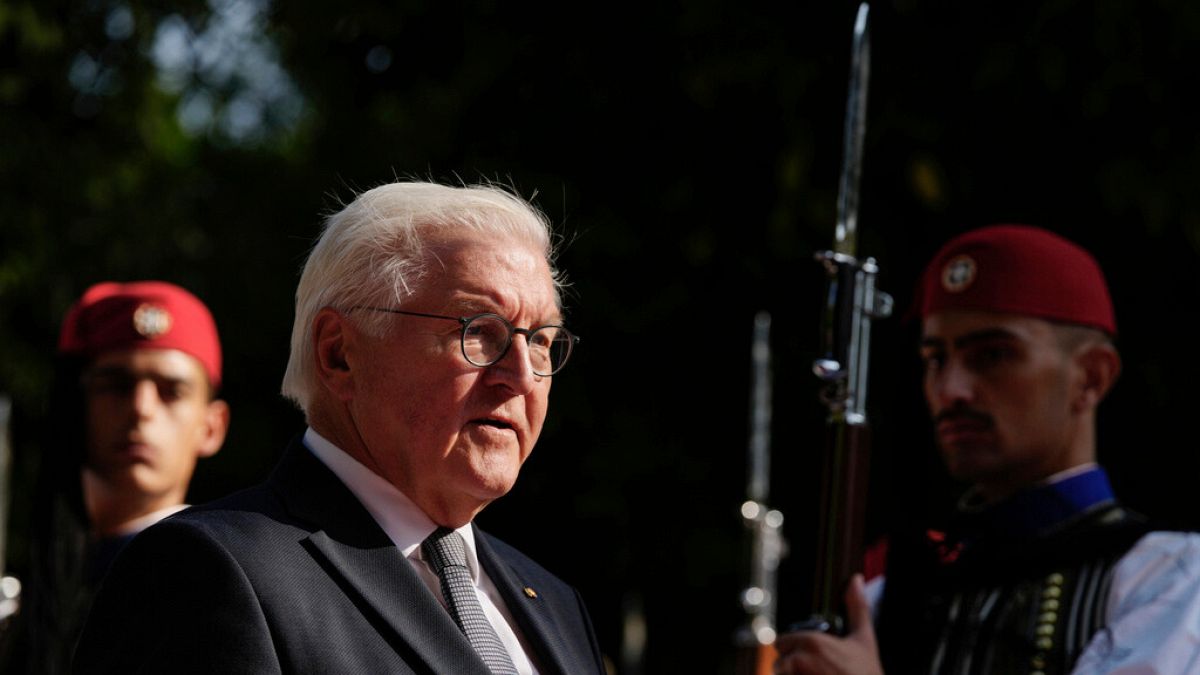German President Frank-Walter Steinmeier has agreed to the request of Chancellor Olaf Scholz to dissolve parliament and set February 23 as the date for new elections after the ruling coalition collapsed. This decision comes after Scholz called an unsuccessful confidence vote, leading to only the sixth vote of no confidence against a sitting chancellor since 1949. The current coalition of the FDP, SPD, and the Greens disbanded due to internal divisions over budget concerns, leading to the need for new elections in Germany.
Steinmeier highlighted the need for stability in these difficult times, emphasizing the importance of a capable government and reliable majorities in parliament. He acknowledged the challenges facing the German public, including economic uncertainty, wars in the Middle East and Ukraine, immigration control, and climate change. The president emphasized the importance of conducting the election campaign with respect and decency, with the focus on finding solutions to the pressing issues of the time.
Leading up to the February vote, key issues include Germany’s faltering economy, immigration control, and Russia’s involvement in Ukraine. The CDU is currently in the lead in the polls, followed by the far-right AfD, the SPD, and the Greens. The campaign is in full swing with different parties presenting their visions for the country’s future. Germany is also dealing with the aftermath of an attack on a Christmas market in Magdeburg, which raised concerns about extremist motives and societal divisions.
Authorities are investigating the motive behind the Magdeburg attack, which resulted in the death of five people. The suspect, a Saudi doctor critical of Islam and supportive of the far right, has raised questions about the impact of his political views on the attack. Chancellor candidate for the Green party, Robert Habeck, expressed concerns about the potential entrenchment of distrust against Muslims, foreigners, and immigrants in society. Steinmeier condemned any attempts to influence the election campaign through defamation, intimidation, or violence, emphasizing the importance of a fair electoral process.
As Germany prepares for new elections in February, the focus is on addressing the pressing issues facing the country amidst political uncertainty. With the dissolution of parliament and the need for a new government, the German public is looking for leadership that can navigate through these challenging times. The upcoming election campaign will be crucial in determining the direction of the country, with key issues such as the economy, immigration, and foreign relations at the forefront of political debate. It remains to be seen how the different parties will address these challenges and convince voters to support their vision for Germany’s future.











